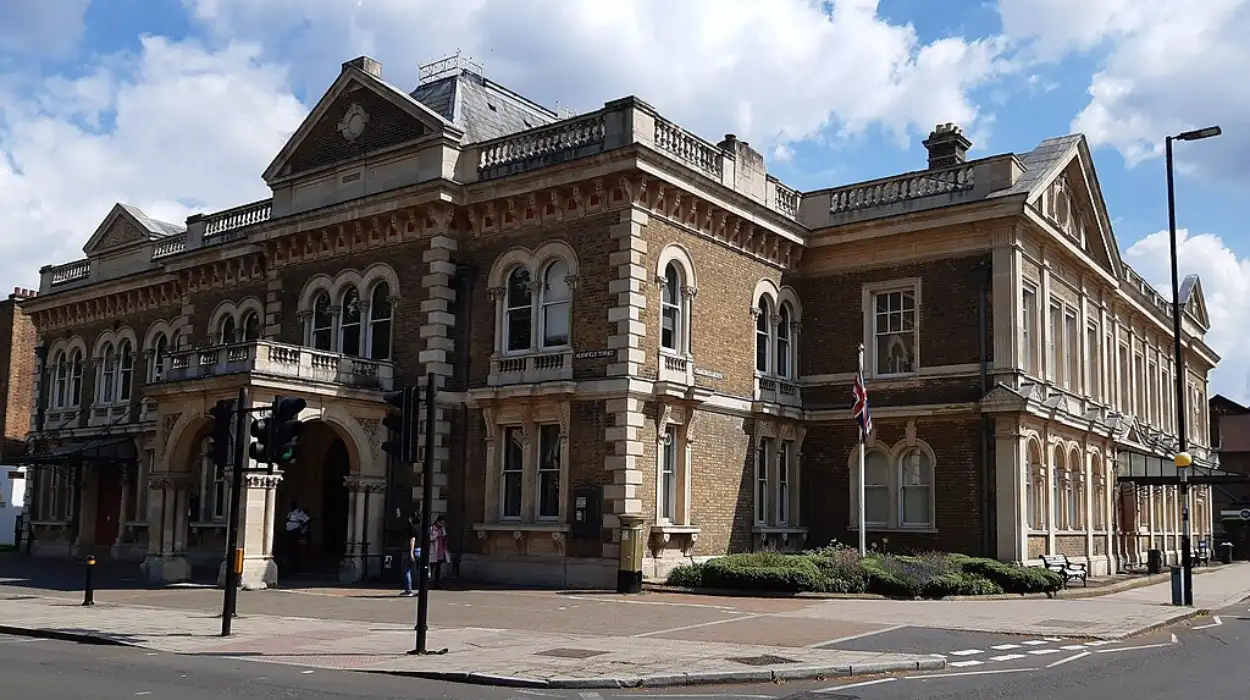Hounslow (Parliament Politics Magazine) – Hounslow Council leader Cllr Shantanu Rajawat has proposed trialling flexible voting in upcoming local elections to make voting easier for residents.
If local governments are selected to participate in the pilot program, their suggestions for flexible voting will be tested the following year. The Ministry for Housing, Communities, and Local Government has requested these suggestions.
The polling day is Thursday, May 7, 2026, but not everyone is comfortable voting on Thursdays. For this reason, Cllr Rajawat is proposing four locations throughout the borough, including Chiswick Town Hall, where voters can cast their ballots the weekend before the polling day instead of on Thursday.
On the main polling day, voting procedures will continue as they are.
Additionally, he is putting forth the idea of a mobile polling station that would go across the borough, with a route and stopping locations to be determined.
He believes that this will improve voter satisfaction and convenience.
Cllr Shantanu Rajawat, Leader of Hounslow Borough Council said:
‘These options will offer residents greater choice and convenience, helping them to participate in elections in a way that fits more easily into their daily lives’.
The borough of Hounslow is home to a diverse population of 299,000 residents, and an electorate of 201,000.
‘This includes communities that may face barriers to participation’, he says, ‘such as disabled residents and those with limited mobility. Our pilot will be developed with a strong focus on inclusivity, ensuring that flexible voting methods are accessible to all and actively support and encourage wider democratic participation’.
Their research has revealed, among other things, that during last month’s Cranford by-election, 56% of all votes were cast between 5 and 9 p.m., while only 31% were cast between 7 and 2 p.m. They believe this shows a clear preference among voters for evening voting, especially after regular business hours on a weekday.
He suggests that on Friday, May 1st, between 4 and 9 p.m., on Saturday, May 2nd, between 9 a.m. and 4 p.m., or on Sunday, May 3rd, between 9 a.m. and 4 p.m., voters could visit Hounslow House, Chiswick Town Hall, Feltham Assembly Hall, or Brabazon Community Center, or they could visit the mobile station, which might visit care facilities and colleges, for instance.
He said:
“As long as people know they don’t have to vote early, I think it’s a good thing. I vote by post because I hate missing elections, and you can’t always anticipate what you will be doing on the day, but I do like voting in person, it’s annoying to have to vote by post, so to get flexibility is a good thing”.
The proposal will be considered at the Borough Council meeting next Tuesday (16 September) and if accepted, will be sent to the Ministry for Housing, Communities and Local Government for their consideration.
“There is no guarantee they will accept it”,
Cllr Rajawat said.
How has flexible voting impacted election results elsewhere?
Research from the 2020 US elections found that states allowing more flexible voting options had turnout that was higher by 0.9 percentage-points when compared with states where voting laws were more restrictive. As early and mail voting made it easier for people to vote, they engaged in the process at higher rates.
Flexible voting laws change how many individuals vote, and thus reduce bottleneck attendance at polling places on election day, while increasing usage of mail-in ballots that ultimately drive differences in turnout rates across participating categories of voters.
The research shows that Democrats were most engaged with turnout and younger, lower income, blue-collar voters also had similar increases with flexible options that allowed responsive voting engagement.


